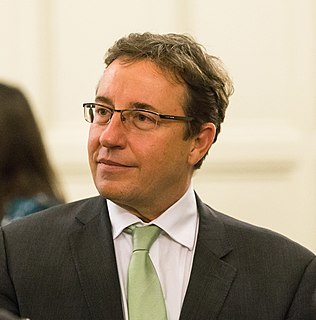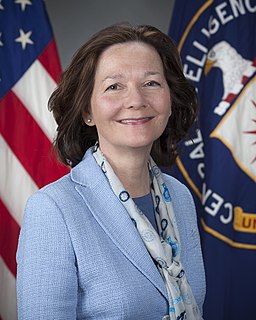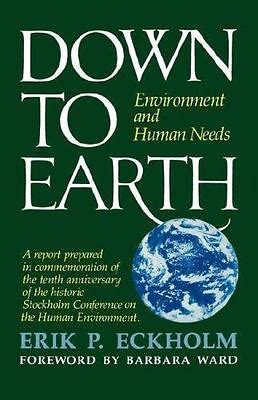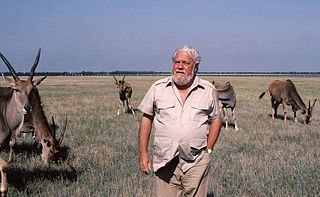A Quote by Achim Steiner
Even if we act immediately, the world is doomed to lose many of its animal and plant species and this inturn will reduce the ability of ecosystems to deliver vital services to human populations. The Red List gives all of us a practical tool for raising awareness of the biodiversity crisis and for forging new partnerships within the international community.
Quote Topics
Ability
Act
Animal
Awareness
Biodiversity
Community
Crisis
Deliver
Doomed
Ecosystems
Even
Forging
Gives
Human
Human Population
Immediately
International
International Community
List
Lose
Many
National Community
New
Partnerships
Plant
Practical
Raising
Raising Awareness
Red
Reduce
Services
Species
Tool
Us
Vital
Will
Within
World
Related Quotes
In other words, people should be placed in parks within ecosystems instead of parks placed in human communities. We need vast areas of the planet where humans do not live at all and where other species are free to evolve without human interference. We need to radically and intelligently reduce human populations to fewer than one billion.
A large animal needs a large area. If you protect that area, you're also protecting thousands of other plants and animals. You're saving all these species that future generations will want - you're saving the world for your children and your children's children. . . . The destruction of species is final. If you lose a species, you lose the genes, you lose all the potential drugs and potential foods that could be useful to the next generations. The ecosystems will not function as they have.
Perhaps it won't matter, in the end, which country is the sower of the seed of exploration. The importance will be in the growth of the new plant of progress and in the fruits it will bear. These fruits will be a new breed of the human species, a human with new views, new vigor, new resiliency, and a new view of the human purpose. The plant: the tree of human destiny.
To many people, 'biodiversity' is almost synonymous with the word 'nature,' and 'nature' brings to mind steamy forests and the big creatures that dwell there. Fair enough. But biodiversity is much more than that, for it encompasses not only the diversity of species, but also the diversity within species.
One animal or plant species may become extinct every hour. All species are doomed to extinction, but man through worldwide development/killing animals for food/profit/using toxic chemicals such as pesticides/industrial wastes, will accelerate the extinction of plants/animals and the result will be a more hostile environment for man.
We need to radically and intelligently reduce human populations to fewer than one billion. We need to eliminate nationalism and tribalism and become Earthlings. And as Earthlings, we need to recognize that all the other species that live on this planet are also fellow citizens and also Earthlings. This is a planet of incredible diversity of life-forms; it is not a planet of one species as many of us believe.
You cannot begin to preserve any species of animal unless you preserve the habitat in which it dwells. Disturb or destroy that habitat and you will exterminate the species as surely as if you had shot it. So conservation means that we have to preserve forest and grassland, river and lake, even the sea itself. This is vital not only for the preservation of animal life generally, but for the future existence of man himself - a point that seems to escape many people.
Even if we planted a tree on every square yard available in the planet by the end of the century we would only capture at most 10 percent of the CO2 we need to reduce. This does not mean that we should not plant trees; we should, for biodiversity's sake, and for our long-term future together with the other species.
We should not be living in human communities that enclose tiny preserved ecosystems within them. Human communities should be maintained in small population enclaves within linked wilderness ecosystems. No human community should be larger than 20,000 people and separated from other communities by wilderness areas. Communication systems can link the communities.































